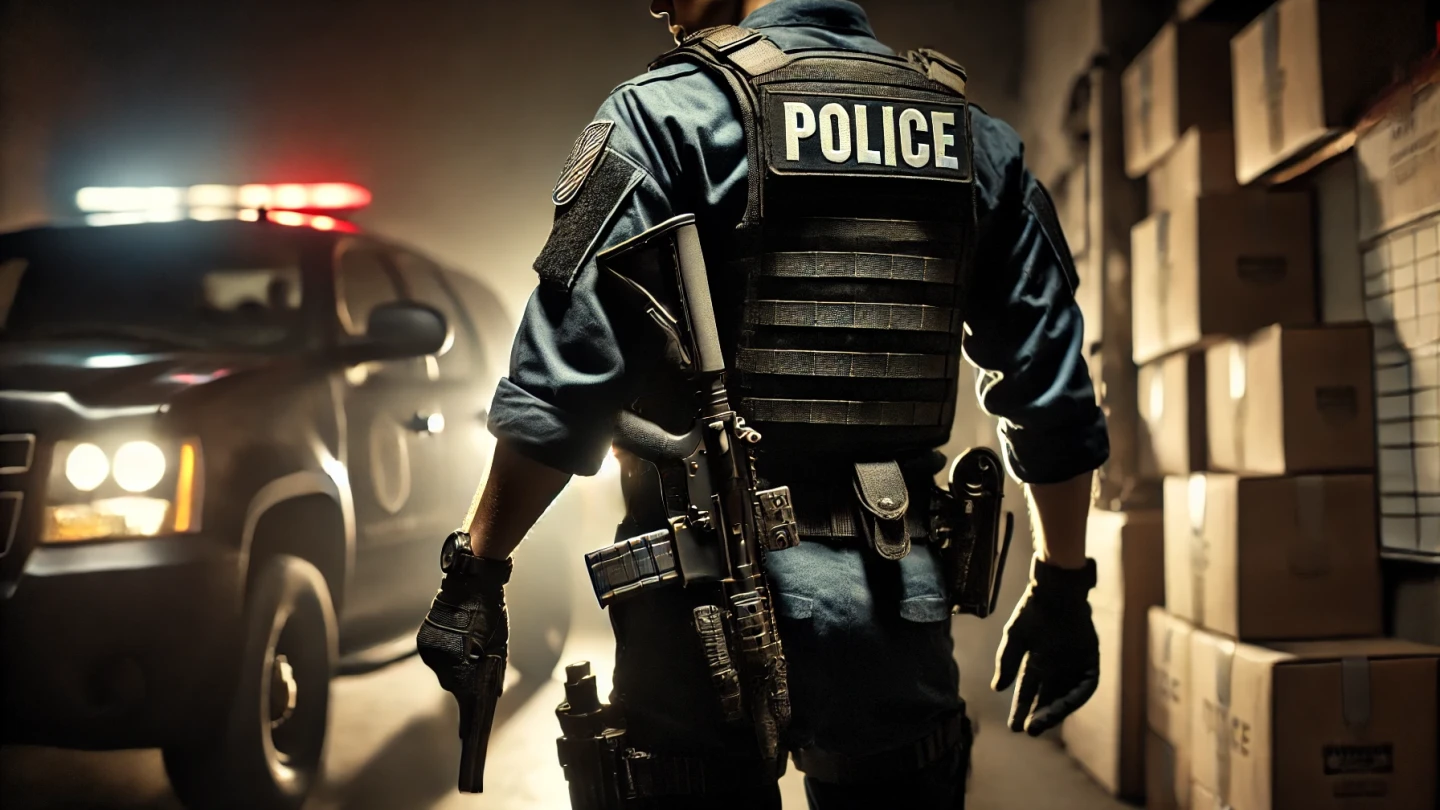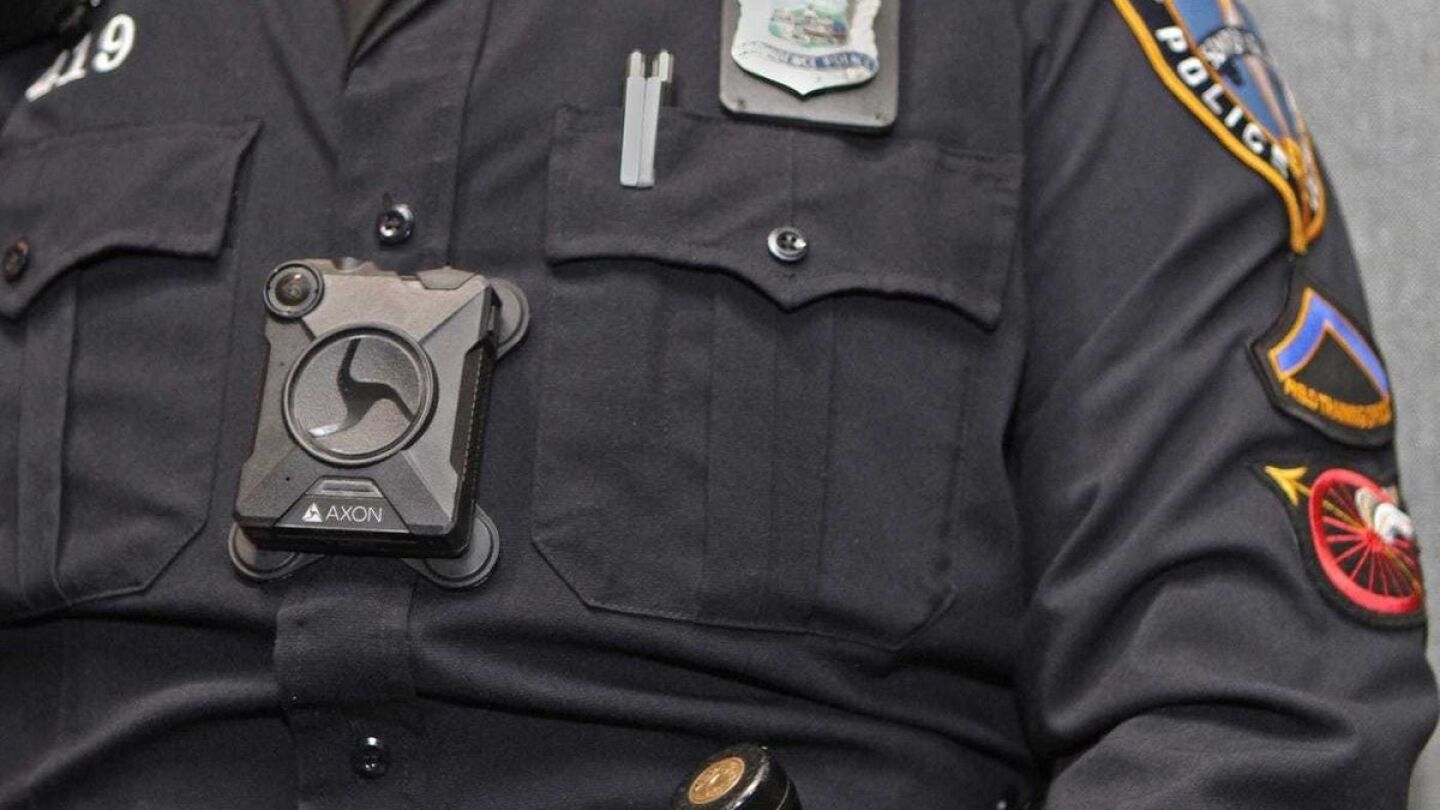Force Science advances expert decision-making, performance, and honest accountability in public safety. Their team of physicians, attorneys, policing experts, psychologists and human performance researchers focuses on understanding and optimizing how civilians and law enforcement make decisions and perform in high-stress situations.

Force Science
Understanding Force Encounters Through Science and Research











